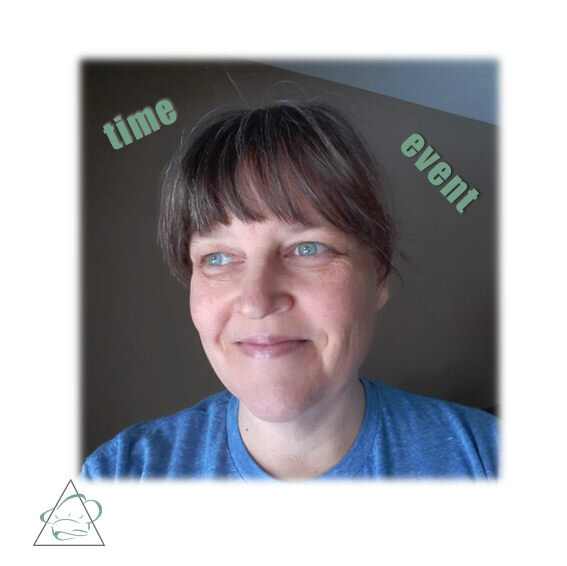Photo Cred: Hans Vivek
I had breakfast with a friend one Saturday morning and we were talking about people who are time oriented people versus people who are event oriented people. For the most part, Americans are time oriented people. Being people or event oriented was a radical change in thought for my friend.
Growing up I was told if I was not 15 minutes early, I was late. It was a shocker moving from the Midwest to the Southwest where on time meant you showed up anywhere up to 30 minutes late. Even more of an adjustment was serving Mexicans, who are generally event oriented. If you showed up at all you were on time no matter how much past the start time you arrived.
Time Vs Event
Generally speaking, time oriented people are concerned with:
-
Punctuality
-
Length of time they are expected to stay
-
Utilizing their time to the maximum potential
Generally speaking, event oriented people are concerned with:
-
Completing an activity
-
What will happen at an event
-
Importance placed on participation and completion
What does the Bible say about this? During Christ’s time people demonstrated they were mainly event oriented. Little or no concern was emphasized on punctuality or scheduling. What was important was God’s timing for things, God’s plans. Jesus was concerned about time when it was important to God’s plan.
Which is why I think both are valid. There is a time for everything, and following God’s plans has always worked out better for me. Time is a gift from God and we should look at it as He does. There is a time to yield to time and a time to yield to events.
Are you time or event oriented? I think knowing yourself is important and helps you to understand how people see and perceive you. Also, how you see and perceive others. I believe understanding better how we all interact helps us to have grace for people who are not like us.
Want to learn more about cultural differences? The book “Ministering Cross-Culturally: an incarnational model for personal relationships” (Mayers/Lingenfelter) talks about different cultural ideas. This book looks at a few different viewpoints relating to: time/event, dichotomistic/holistic, crisis/noncrisis, task/person, and status/achievement. Have you read this?


